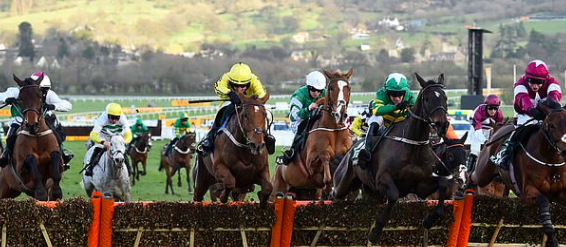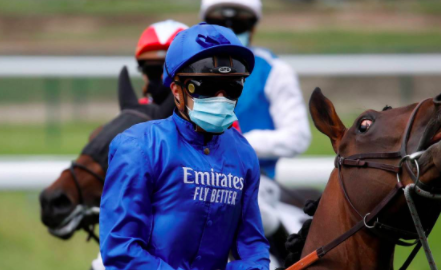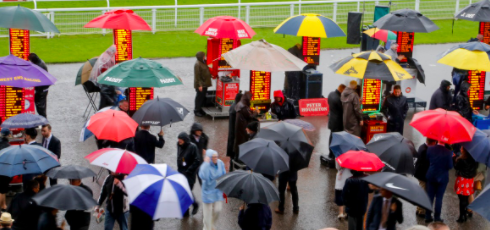
|
As sport works its way back into the public eye in the upcoming weeks, one sport has had to wait almost three months to welcome back its athletes. That sport is horse racing, whose last race came on a gloomy Tuesday night way back in March at Wetherby. Since then, the Grand National has been cancelled and Royal Ascot is planning to stage races behind closed doors. Finally, that period of an empty calendar will be over as 12 runners take to Newcastle for the Brenkley Handicap Stakes in the first race back.
For many supporters it has been a tough period with their evenings and weekends void of sporting action as well as the absence of a number of flutters that would normally be placed during the season. Naturally, as the horse racing world intends to get back to normal as much as possible, the promotions provided by bookmakers and online casino sites will likely be far and wide, so watch out for generous offers as the racing gets underway once more.
Aside from the spectators, there are a number of branches within the horse racing community that have also been seriously affected, but just how?
A moment on the lips…
For a jockey, racing is a tough endeavour. Riding five or ten races a day can be exhausting with the amount of calories being burned almost extreme. When that kind of exercise is thrown out of the window quite suddenly, it is almost impossible to replicate that through walking, resistance training or any other creative idea as most jockeys have had to stick to during lockdown.
Not only is it bodily excess that jockeys have had to contend with though, but money has also been an issue. The past few months are usually the busiest time of the year for riders, and some jockeys have earned nothing with many not being able to be furloughed either which has made things worse.

|
Frustration of trainers
For trainers that have got their horses in the best shape of their lives, the lockdown has been totally frustrating. With many important meets cancelled in the past three months, trainers have had to keep their horses and jockeys in the best shape possible without doing too much.
The lockdown and social distancing measures have, however, improved some functioning at stables. Because of social distancing, trainers have had to send horses out in twos or threes rather than in bulk, enabling more individual attention. Keeping contact with jockeys and owners has also been fairly easy too when considering the bulk of communication devices around nowadays.
Stable staff earning their corn and more
Of course, in such trying times with a pandemic engulfing the world, keeping clean is the most important method to keep safe. Everything that gets touched needs to be disinfected and that is now done twice a day with those succumbing to a higher temperature being sent home.
Though the absence of racing has affected stable staff in terms of ensuring everything is spick-and-span, the horses have not been troubled and still look healthy and ready to run.
Racecourse officials struggling
For racecourse officials that work around the grounds, the suspension of racing has had a massive impact financially. Their reliance on mass gatherings for income has meant that the past few months have been extremely lean.
A racecourse cannot just be shut up and left alone for months as maintenance of buildings and the track itself is vital to the game. With staff in short supply, on-going work and watering has had to be done by a skeleton workforce, making the job twice as hard.
Bookies losing out
For bookmakers and the best casino sites, the halting of races has been disastrous. Heavily reliant on the sporting market, they have lost out big time with the absence of key meetings at Aintree and Royal Ascot.

|
And, with only 300 independent on-track bookmakers left in the UK, some of them will not survive with only the Cheltenham Gold Cup providing big markets so far this season, especially when considering that the next few months will see races behind closed doors only.







